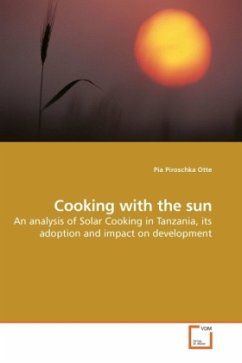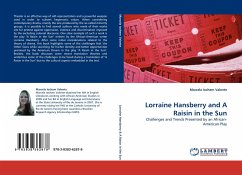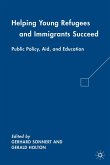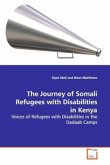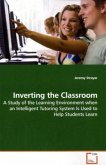The aim of this study is to analyse solar cooking projects in Tanzania regarding their adoption and impact on development. Biomass is a traditional source of energy in Tanzania which is claimed to have negative environmental, economic and health impacts. Solar Cooking seems to present an alternative solution. It does not require the use of biomass, which prevents people from cutting trees, and particularly women from spending hours for fuelwood collection or from spending money to buy it. In addition, Solar Cooking does not pollute the environment. However, decades of efforts to implement and improve solar cookers for developing countries have not helped to achieve the breakthrough of this technology. The specific objectives of this study are to find out which factors limit or enable the adoption of solar cookers, investigate why people decide to use or not this technology, and to find out in which way the use of Solar Cooking could be increased. In addition, the study investigates the ways in which Solar Cooking contributes to a development. The discussion of these objectives is based on the Capability Approach and the Innovation-Decision Model according to Rogers.
Bitte wählen Sie Ihr Anliegen aus.
Rechnungen
Retourenschein anfordern
Bestellstatus
Storno

